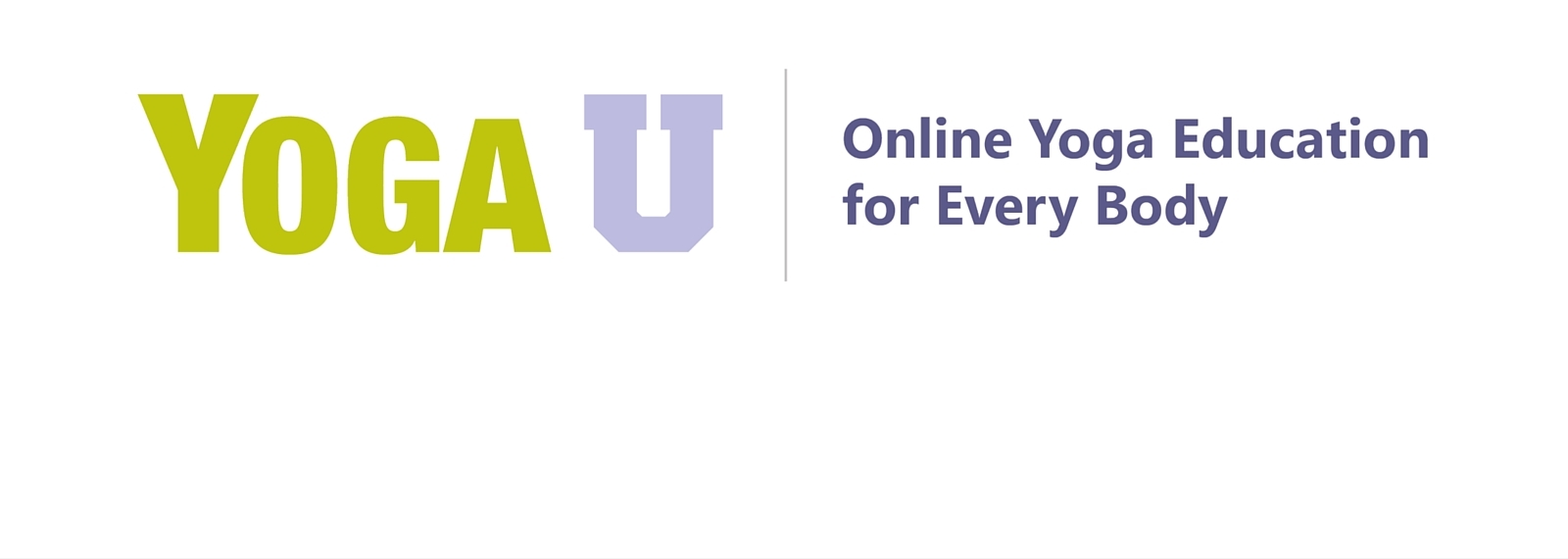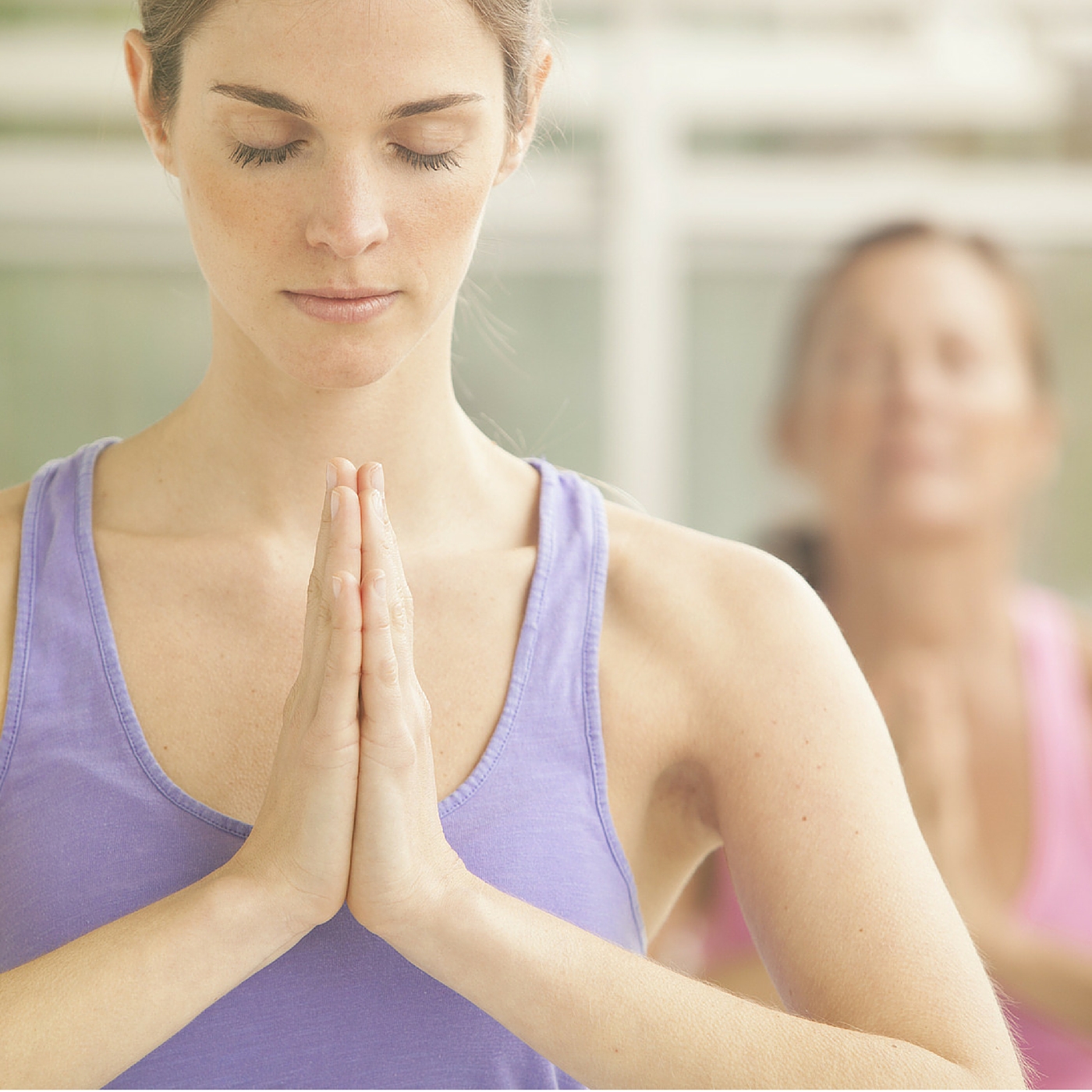Episodes

Friday Feb 16, 2018
Friday Feb 16, 2018
Thanks to our not-so-smart smart phone habits, forward head posture has become nearly ubiquitous in modern society, notes yoga therapist Olga Kabel in this free download. And while this may not seem like a big deal, forward head posture can wreak havoc on the structural balance of the body and lay the foundation for shoulder and neck tension, headaches, jaw and back pain.
The further forward the head gets displaced, the bigger load on the muscles of the neck. In other words, our posture doesn’t just affect how we are perceived by others, but how our bodies function in the day to day life, and how they feel as well.
Research shows that the way we carry our body affects our mood, how we perceive ourselves, and how we perceive life in general. If you’re walking with your head held high, Olga explains, you usually would be more inclined to have a more optimistic outlook on life. But if you’re constantly slouching or looking down, then you’re more likely to feel vulnerable and have a more pessimistic outlook.
Olga also shares insights from ancient yogic wisdom into the importance of our habitual posture, as e.g. stated in the model of the Koshas and emphasis on facilitating the free movement of Kundalini energy along the spine.
For energy to flow properly in the body, Olga explains, the spinal curves need to be properly aligned—i.e. stacked on top of each other. Otherwise, Olga notes, the effect on our energy is similar to what happens when you step on the garden hose: the water stops flowing. And, from a purely physical standpoint, spinal alignment in postures can impact our sympathetic/parasympathetic responses as well (the fight or flight and the rest and digest modes of the nervous system).
Olga outlines common postural compensation/over-correction patterns, and explains which key yoga poses she employs the most in helping practitioners create a balanced, supported elongation of the spine. She explores why so many of us get shorter as we age, and how to counteract the process of disk dehydration and other contributing factors in order to cultivate a strong, long spine.


No comments yet. Be the first to say something!